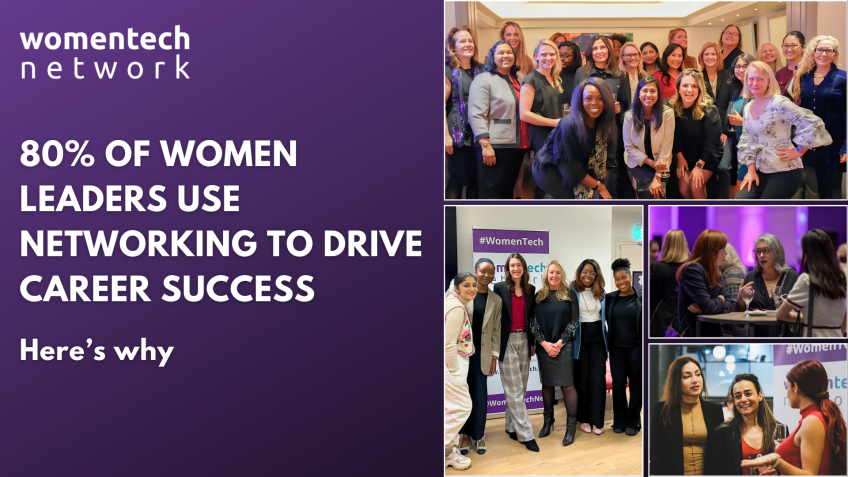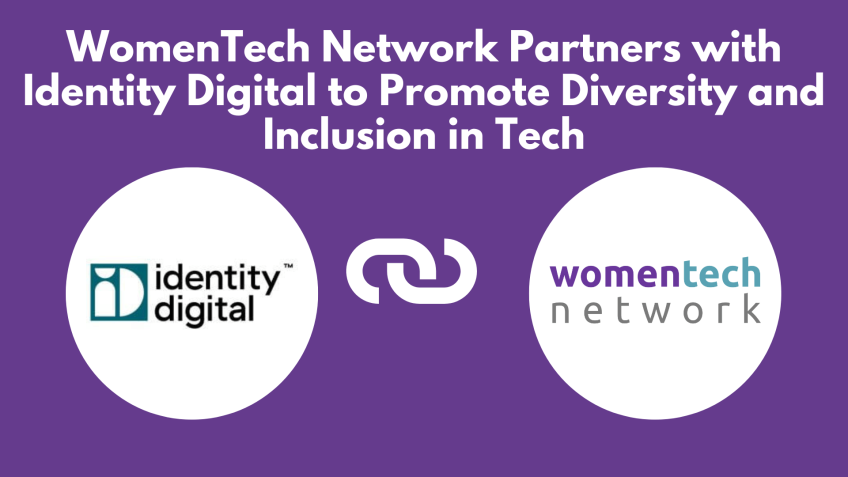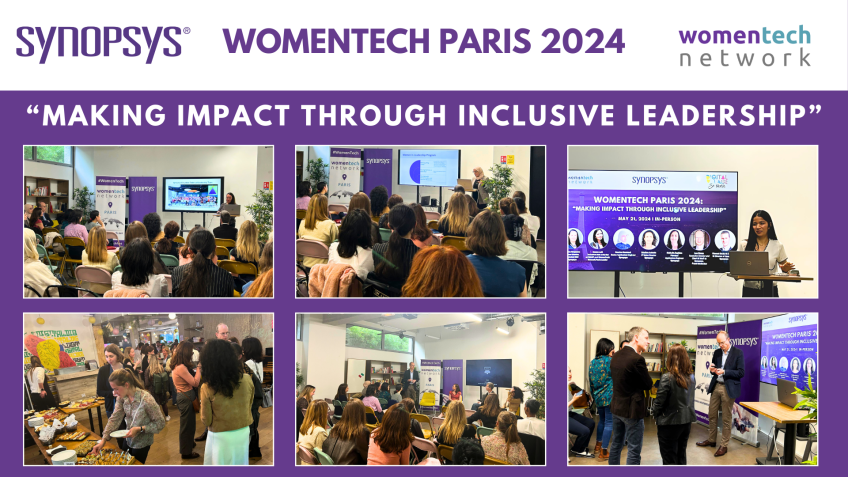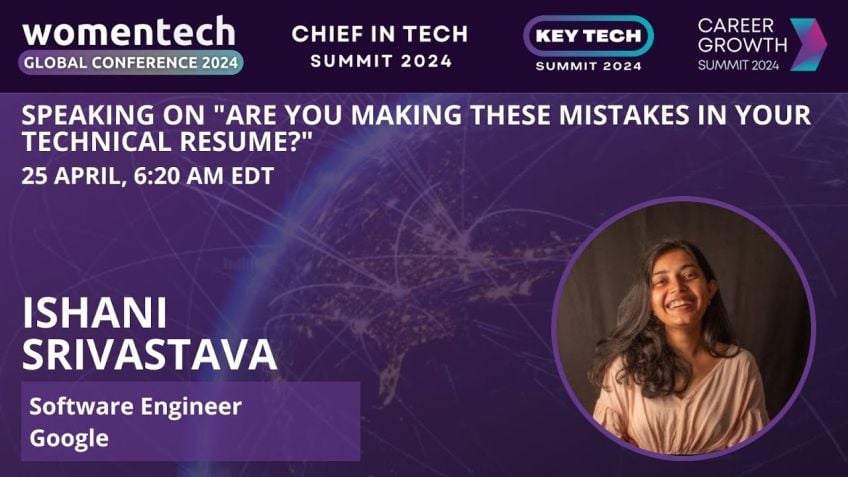Future of Work and Sustainability: how to make a career with purpose in the digital future by Nahia Orduna
Unveiling the Future of Work: Opportunities in Sustainability and Tech
The intersection of technology and sustainability promises a wealth of opportunities for the future of work, particularly for women in the tech industry. This post provides insights and practical tips on how to navigate this exciting landscape and build a fulfilling, purpose-driven career in sustainability. Let’s begin.
Understanding the Future of Work
“The World Economic Forum reports that by 2025, 85 million jobs may be displaced. However, 97 million new jobs will appear. It’s not all doom and gloom. The future of work is shifting, providing exciting new opportunities, particularly in the area of sustainability.”
Technological progress, particularly automation, is playing a significant role in these job changes. Mundane tasks are being delegated to machines, which may lead to job losses. However, there's a promising perspective: the creation of new, interesting jobs where human skills will be invaluable.
Carve Your Path in Sustainability
Do you wonder how you can be part of this wave and make a positive impact on our planet through your work? The answer is YES. Numerous opportunities are budding in the sustainability sector; one just needs to grasp them. It's high time we understand sustainability beyond just the environment and recycling.
Sustainability has three main pillars, according to the United Nations:
- Economic stability.
- Environmental Responsibility.
- Societal Equity which also includes diversity.
As a tech professional, you can make significant strides in each of these areas. Here are some key steps to prepare you for a career in sustainability:
- Learn about sustainability: Attend talks, read reports and study the United Nations Goals. Explore these resources and identify areas where you can make a difference.
- Upskill yourself: The Green Skill Index identifies four types of skills needed in sustainability. These range from engineering and technical skills to operational management and monitoring skills. Upskilling yourself in these areas will prepare you for future job roles.
- Research: Explore job openings, network with professionals in the field, join sustainability career networks, and find online trainings to fill any skill gaps.
- Identify the right companies: Connect with companies with clear sustainability goals. During the interview process, you should ask about the company's sustainability practices.
Develop and Promote Your Green Brand
Finally, build your green brand. Share your learnings and experiences about sustainability on platforms like Twitter and LinkedIn. These platforms can help you build a network while establishing your authority in the sustainability space. You can even start writing your articles, sharing knowledge, and sparking discussions.
As the landscape of work shifts towards more sustainable practices, equipped with the right skills and a passion for making a difference, you can lead the change in this space. So get started, explore, learn and take that plunge into creating a future where you make a positive impact.
Ask, Engage, and Learn
Feel free to connect and engage with me on LinkedIn where I regularly share more insights about sustainability, tech, and the future of work. You can find additional inspiration and career tips on my website, and download a free tips book. Let’s make a difference together, shaping the future of work towards a sustainable and inclusive world.
Video Transcription
I, I am here today because I believe there are so many opportunities in the future of work and also so many in the sustainability area also for us women in tech.And I want to explain you some tricks about how to find your opportunity in this sustainability and build a career with purpose. Oh Another hard. Thank you, everyone. So um just like a quick um summary of who I am. I so I'm technical lead at Amazon web Services. So I manage different themes of solutions architects in Aws. I also wrote a book, your Digital Reinvention and I contribute to publications at heart of our business Review. In fact, this year I published um uh another about how to build a career in sustainability. I will send you the, the link afterwards which got like a, a lot of views and it was very widely reserved. So I thought, OK, after 10 minutes, I'm going to put you like the, the topics to, to make a career in sustainability. Then I will give you the, the, the, the article and then we can discuss uh via linkedin or so. Um And I want to start a bit with the game. So please use your for that. So according to the World Economic Forum report, by 2025 85 million jobs may be displaced. 85 million jobs will boom disappear. How many jobs you think are going to appear? This is like to put a bit of perspective, the future of words. Ok.
So I see one person thinks that as many will disappear as will appear or is optimistic. Ah We have three people here totally optimistic thinking like no, actually 97 OK. 22. OK. We got more. So thank you. I'm I'm going to tell you now the solution. So the solution, the answer is 97 million. So the three people optimistic you you were right and this is the future of work. A lot of jobs are disappearing because of uh automation, right? Like there is a shift between what the machines can do and the human can do. And we already know we see around us so many jobs like they are automated. We go to to one of our uh fast food chains and we see we can order the food, we don't need to get a waiter in that in that particular case. Or we also see like also in the supermarkets, there are jobs that are being uh automated. However, 85 million jobs will disappear, but 97 million jobs will appear. And this is super good news. This means everybody in this talk can find kind of a new job, the new job of tomorrow, these new jobs are great. First of all, they are very interesting because they don't have like this uh boring repetitive stuff. We give it back to the machines and also are new. So you don't compete with somebody who has five years of experience in a new job are new jobs.
So my point today is to show you how of all these like 97 million jobs that are going to appear like so many are in the sustainability area and to make a plan. So you can uh like, yeah, picture your career and plan your career to get a job in, in, in sustainability. So um I have another question for you. So I, I just said millions of new jobs are appearing. Do you know now how to find your job of tomorrow in the sustainability area? So you can answer here, you can say uh what, what do you think? Like? Uh I have no idea. I have no idea, but I need more tips. Of course, I know everything. OK? Very good. We have one person that knows everything, some need more tips, others, others don't, don't know. So I'm going to show you with now some tips and then, I mean, I will just cut here and then we can all discuss, I think many of us think OK, what is the purpose of our job? How can we put our career to, to be, to be the, to make the planet a better place. But initially, I thought I'm not a biologist, right? Or I'm not working directly for the climate change. So can I do something?
I'm just like uh an engineer, a technical engineer, a network and a cloud engineer. Can I do something? Well, the answer is yes, we all can do many things and there are going to be more opportunities appearing. The first thing we should do is getting to know more about sustainability. So sustainability, according to the United Nations, the definition is meeting the needs of the present with a compromising the ability of future generations to meet their own needs. Usually we think of sustainability as something like about the recycling and environmental, but sustainability has actually three pillars. So what is the economic pillar like uh how do the companies act in a more sustainable way? There is of course the environmental like about our planet and there is also the social pillar and the social pillar is a lot about uh societal equity and it's also for example, like diversity is also in that part of the organization. So there are so many flavors in the sustainability career that we can have. So what should you do? Well, first of all, uh learn more about that. So my my first advice are here, learn about sustainability. What's the extreme talks on sustainability? Read reports. There are reports of an accent and mckinsey uh United Nations Goals. So if you go to the United Nations Goals, they are like um like like 17 goals that uh they are like they are, they have to be happening for 2030.
So the companies need to achieve those goals and then you get a lot of inspiration. So get all this aspiration, the TED talks, the reports, the UN goals and I think from all these world, from all these possibilities, what resonates with you? Where can you make a difference? The second is like upscale. So for example, in my case, no, I I mean like cloud engineer, cloud cloud uh manager, what can I do? So actually the green skill index identifies four main types of skills, what is engineering and technical skills. So here in our team, we are now um uh helping customers to make their uh cloud deployments more sustainable. We have a new pillar. We are like helping that and with that, we are making impact in the world because like it depends how you architecture uh your solutions, you can be much or less efficient. So there are now a careers of sustainability in in the cloud solutions, architect and the cloud engineering aspects like this. There are like in many other companies, there are also uh science based skills, even operational management. Imagine you are in tech. But uh your strong point is not the the engineering part, it can be also like operational management, um the C the companies, all of they have now to start um uh getting some uh ESGS scores.
So like environmental, social like governance scores to show how they comply with the sustainability um uh goals. So we need more people that are working on those open operational management part. And we also need like this uh monitoring skills. So once you have got the inspiration and, and, and you see where you want to go, you have to upskill yourself. And then uh once you know, you have to research, so I I recommend everybody to stop like finding your needs going to if you go to linkedin now and you look for easy sustainability, sustainability engineering, there are a lot of, of, of opening. So check what is really there uh ask and find online training if, if you need still to fill some gap, I also recommend you to network to join like networks that are like for taking sustainability sustainability careers because I mean, all my life, I have got to uh to my next step, not alone but together and I believe in that support.
And then uh finally, um when you want, when you already have this background and you want to find like your opportunity, reach out to companies that have clear sustainability goals. How can you do that? Like look in their websites, ask questions during the interview process, ask what is, how is your team working in sustainability? It's just like one thing that is apart from everybody or is like uh embedded in the old functions. How senior is that thing? Where are they reporting?
Those are like the kind of questions that will help you to know if they take that seriously. And then my last advice like we we are like now uh just, just in time, I will, I will stop afterwards is develop your green brand. Really. If you start like everything that you are learning, you start posting about it in Twitter, in linkedin, you start like uh saying, like for example, I joined today uh talk about uh feature of work and sustainability. I've been going to this event. I have shared this article. It's, it's because this is all like quite new. It's a very, very easy, a really efficient way to start developing your green brand. And when you go to an interview, you can show like uh your interest and your network in that area even more. I will even recommend you that you start like with what you learn, write your own articles. Like it's so easy to write a linkedin article and then you can start like exchanging every time I have uh I learn something, I try to write about it. And then this way I connect to other people and I get also other points of view. I'm just like right now in time. Uh I mean, it's quite short, the session is 10 minutes. I am going to start with you my article where I kind of explain everything with a bit of more detail.
And I would like to know if you have any, any, any, any questions, have a look at the article uh con uh you can always connect with me linkedin. I'm going to send you now my contact details and um and then, I mean, I'm, I'm very happy to talk. I'm, I'm always working uh to help uh women and minorities and uh and people to find their job. I have also like uh in my website, some articles about topics to, to inspire people to find their next step in their career. Um So, and you can also download like a AAA free book with tips. So if it's helpful, uh I will be like very happy to, to get engaged and, and hear from you. OK, good. So if you enjoyed it, continue enjoying this conference, it's great to have so many impulse and, and talks from everybody and uh I wish you that you have like a, a great, a great today.





